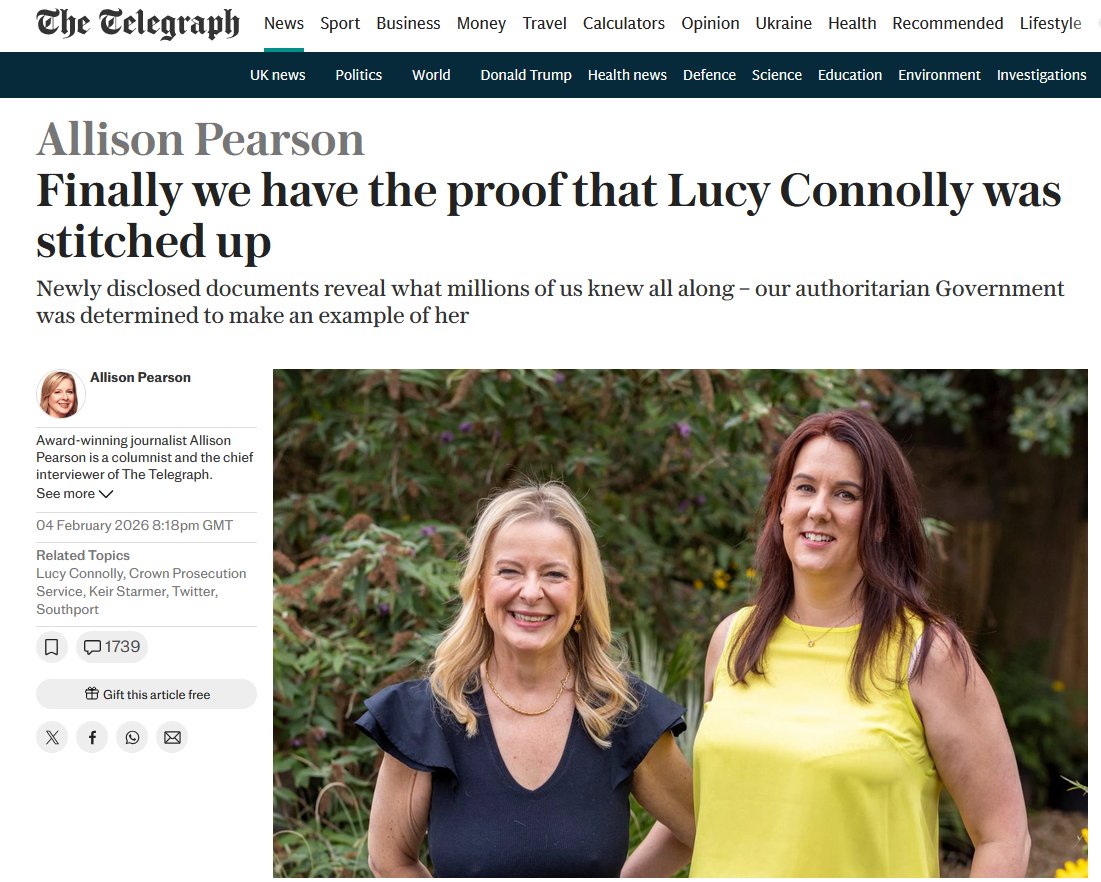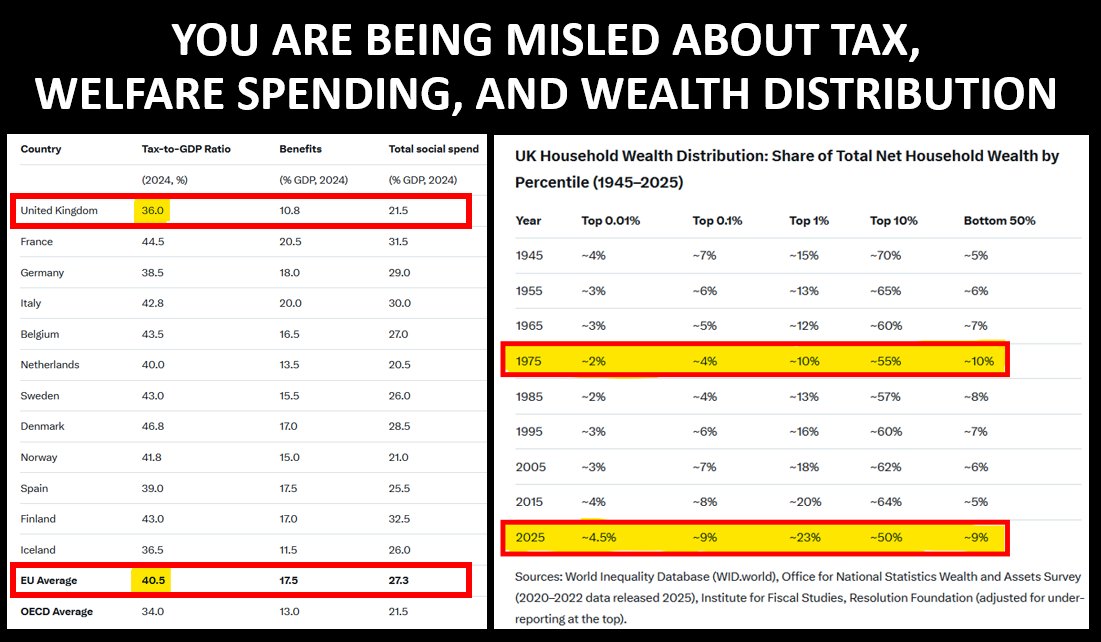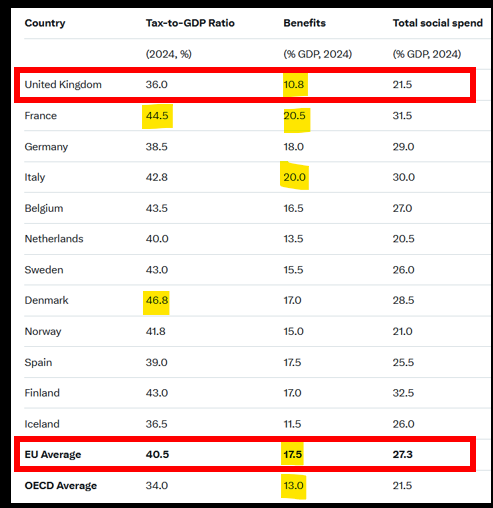#THREAD
A great article on Boris Johnson's resignation, by German journalist @annettedittert - who since 2008 has worked in London as senior correspondent & bureau chief for ARD German TV, & in 2019 was awarded "political journalist of the year" for her reporting on #Brexit.
A great article on Boris Johnson's resignation, by German journalist @annettedittert - who since 2008 has worked in London as senior correspondent & bureau chief for ARD German TV, & in 2019 was awarded "political journalist of the year" for her reporting on #Brexit.
https://twitter.com/annettedittert/status/1667486136359350272
'The party is over.'
Johnson's departure is a victory for democracy over Britain's declining political culture. And it shows that even a prime minister must not lie to parliament.
A commentary by Annette Dittert.
Johnson's political career ends as it began: with brazen lies.
Johnson's departure is a victory for democracy over Britain's declining political culture. And it shows that even a prime minister must not lie to parliament.
A commentary by Annette Dittert.
Johnson's political career ends as it began: with brazen lies.

In his farewell statement, which is more like the heated tantrum of a five-year-old than that of a former PM, Johnson explained his departure as the result of a "witch hunt" called for by anti-Brexit, pro-Europeans & other members of the "establishment". None of this is true. 

He is solely to blame for his case. The parliamentary committee of inquiry, which after months of deliberations has now clearly come to the conclusion that Johnson lied to parliament, consists of a majority of Tories, the chairman, Bernard Jenkin, is even an arch-Brexiteer. 

And even if Johnson leaves open a possible return to politics in his statement, the truth is different. Even if he'll definitely continue to haunt behind the political stage and occasionally set fire to one or the other backdrop - the party's over for him. And that's good. 

The so-called Privileges Committee, the parliamentary investigative committee whose report is expected to be published in the next few days, has restored one of the essential principles of parliamentary democracy, that the parliament must not be lied to, even by its PM. 

The exact text is not yet known, but it is clear from Johnson's statement that the report does not let him get off as a minor case. The consequence of such a finding would have been a ten-day expulsion from the House of Commons, followed by a by-election, which he may have lost. 

Johnson's resignation is nothing more than a last-ditch effort to make the headlines again.
At least in Great Britain he should succeed in the next few days. But that shouldn't detract from what the Privileges Committee has achieved here:
At least in Great Britain he should succeed in the next few days. But that shouldn't detract from what the Privileges Committee has achieved here:

a victory for democracy over Britain's increasingly deteriorating political culture. Even a prime minister is not allowed to lie to parliament, so the factual truth remains a valuable asset and the crucial foundation for holding politicians accountable in a democracy. 

The extraordinarily strong position of the executive in the British parliamentary system has often been criticized in the past, & rightly so. A PM with a clear majority can do more or less whatever he wants on the island - if necessary, even disregard basic rules of parliament. 

Johnson repeatedly took this to the extreme during his time as prime minister, the most extreme case being the illegal suspension of parliament in the middle of the legislative period in 2019 because Johnson did not like its attitude critical of Brexit. 

But there are checks & balances in the British system. Weeks after overturning Parliament, the Supreme Court reinstated it in autumn 2019. The current decision of the Parliamentary Inquiry Committee is a similarly important event for British political culture in this respect. 

It is not surprising that in his statement Johnson angrily insulted this committee as ridiculous and denounced it as an undemocratic "kangaroo court". 

He leaves the political arena exactly as he came: with a lot of noise and full of contempt for the democratic institutions of Great Britain, which he used for a while but just couldn't completely destroy. 

• • •
Missing some Tweet in this thread? You can try to
force a refresh












